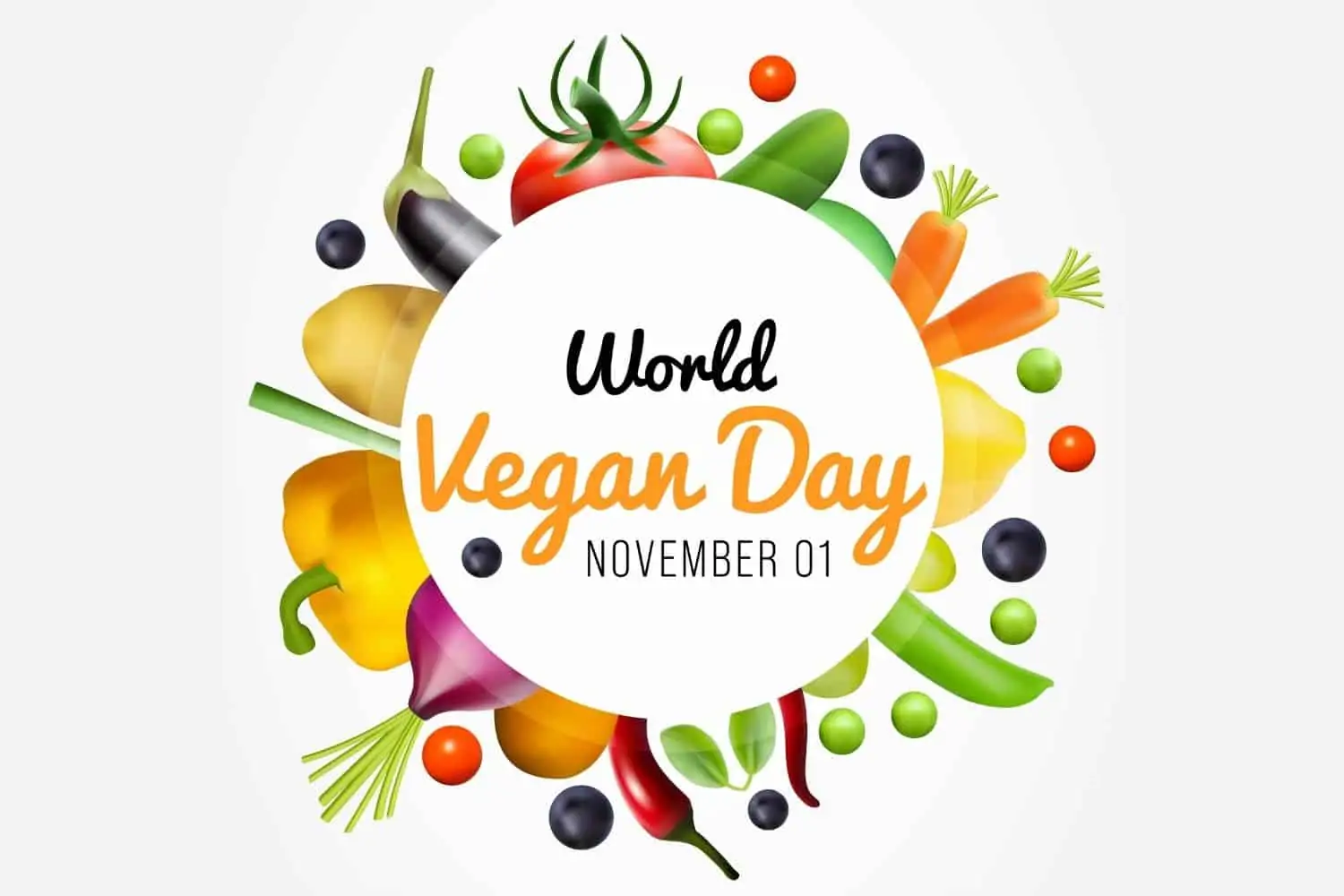The drive of veganism is “to seek an end to the use of animals by man for food, commodities, work, hunting, vivisection, and by all other uses involving exploitation of animal life by man.”
The Definition of Veganism
According to The Vegan Society, veganism is defined as “a philosophy and way of living which seeks to exclude—as far as is possible and practicable—all forms of exploitation of, and cruelty to, animals for food, clothing or any other purpose”. As a side effect, this also means that veganism incorporates the promotion of any animal-free alternatives. All for the benefit of animals, humans and the environment we share.
Basically, veganism involves avoiding things from leather boots to dairy. Vegans should especially abstain from consuming any foods derived, even in part, from animals. This includes fish, shellfish and insects. It is important to understand that veganism is a way of life. It is not just a diet plan with a list of does and don’ts. So if you question something, simply ask yourself, does it or any part of it originate from an animal source?
However, many people follow varying degrees of a vegan lifestyle. This is up to each individual. Some will take a purely dietary approach, still making use of things like leather. Whereas others take it to the full extreme by even cutting out enterprises that use animals in any way. Such as for product testing or entertainment.
In the modern-day world, the lines can, unfortunately, get a little blurry. Especially concerning medicine. For example, in parts of the world such as the UK, it is required that any medicine be tested on animals before it can be deemed safe for human use. This is why it is important to acknowledge the “as far as is possible and practical” section of the definition.
World Vegan Day
In 1994 Louise Wallis established World Vegan Day, following the 50th birthday of The Vegan Society. She wanted to tie the annual day of celebration with the founding of The Vegan Society in November 1944. However, the exact day was unknown so she chose the first day of November.
The purpose of World vegan Day is threefold. For those already following a vegan lifestyle, it is a day for celebration. On top of that, it is a day for the education and promotion of veganism. The hope is that it will motivate more people to follow a fully vegan lifestyle. With expositions, seminars, lectures from across the globe, World Vegan Day is a fantastic learning opportunity for anyone wanting to follow a vegan lifestyle.
The Benefits of a Vegan Diet
In many instances the key reason for veganism is compassion. The philosophy discourages exploitation of animals in any form. However, it is not only animals that benefit from veganism. Our environment itself is in danger. The need for livestock production increases as population explosion continues. To top it off, the western diet is becoming more and more evolved towards meat, eggs and diary products. More animals mean more crops, which in turn equals more deforestation, land degradation, water scarcity and possible species extinction for non-cultivated creatures.
The planet simply cannot cater for both increasing human and farmed animal populations. Contributing to this belief are the many yet-to-be-explained occurrences. Such as the recent cape fur seal mortality event along the western coastlines of Southern Africa.
Then there are the many health benefits for humans on a vegan diet. Going vegan presents the opportunity for anyone to learn more about nutrition and their diet. Incorporating a plant-based diet into your life means that your saturated fat intake heavily drops. Which is part of the reason that a vegan diet is believed to lower blood pressure and cholesterol and lower rates of heart disease and type 2 diabetes. Plus, you will automatically be avoiding processed meat, something that the World Health Organization has classified as a cause of cancer. Never mind that minimizing animal product intake leaves much more room for health-promoting plant foods.
Living vegan is easy. We just need to change how we look at food, educate ourselves on nutrition (something we should be doing regardless of our lifestyle choices), and apply the knowledge to ensure that we reach our daily nutritional requirements.
